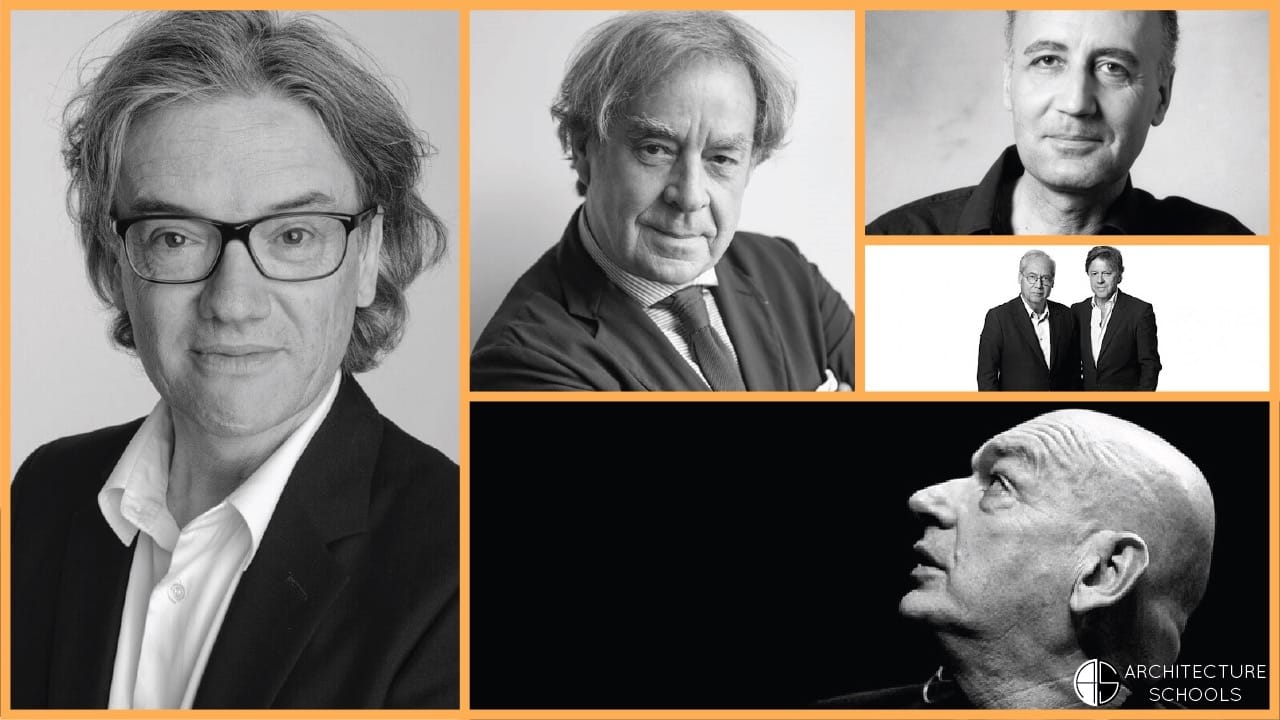Norman Robert Foster (born 1935) is an English architect and designer, considered one of the most prolific architects of his generation. He is the founder of Foster and Partners (1967) and responsible for such renowned buildings as London’s City Hall and Millennium Bridge (London), the Reichstag (Berlin), the Bilbao subway, Hearst Tower (New York), Hong Kong International Airport, Beijing Capital International Airport, and the Apple Spaceship headquarters (est. 2016).
Foster, who is a member of the Chartered Society of Designers and a recipient of the society’s highest honor, the Minerva Medal, has received several awards such as the Pritzker Prize in 1999 (often referred to as the Nobel Prize in architecture), the Stirling Prize in 1998 and 2004, and the Aga Khan Award for Architecture – the world’s largest architecture prize – for the Petronas University of Technology in Malaysia (2007). He was knighted in 1990, and in 1999 he was created a life peer, as Baron Foster of Thames Bank, at Reddish in Greater Manchester.
Foster has always seen technology as an ally. As a child, he was extremely excited about machines and their speed – he spent many hours sketching and reading about them. He left school at the age of 16, did national service for two years, worked at various jobs to earn money, but never abandoned his private world of drawings and dreams. When he discovered that as an architect he could actually do the things he had always been excited about, it just didn’t feel like work.
Respecting the structure of a city or place is essential: “I became aware of the important connections between individual buildings and infrastructure.” Architecture must address the big issues and make a difference in the world we live in. Architects can’t solve all the world’s problems, but what they can do, however, is make a contribution by transforming the complex into something simple, both in form and material, and by being aware of the “urban glue” that binds everything together: “We rethought, redesigned, reinvented. We questioned and went back to the basics.”
“Quality is an attitude of mind.” Here, the great architectural master of our time, Norman Foster, looks back on a long and successful career – and life – with eminent buildings and more than 1,000 employees worldwide.
Norman Foster was interviewed by Marc-Christoph Wagner in his home near Geneva, Switzerland in April 2015.
Official website of the Norman Foster Foundation











































